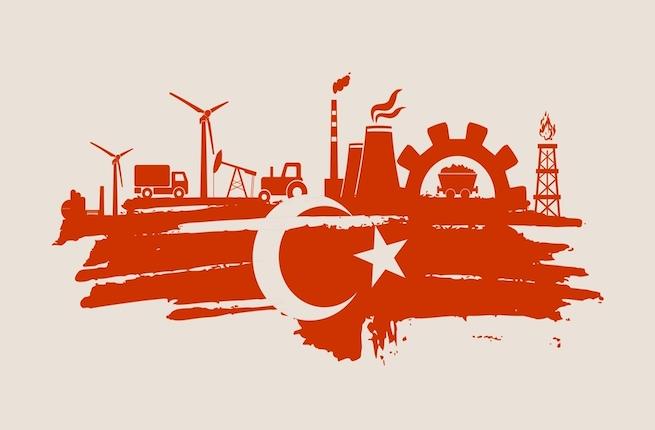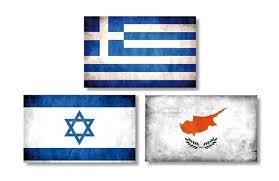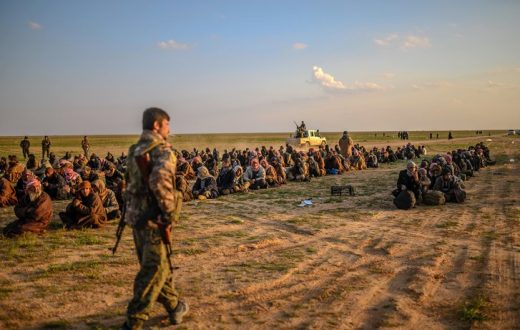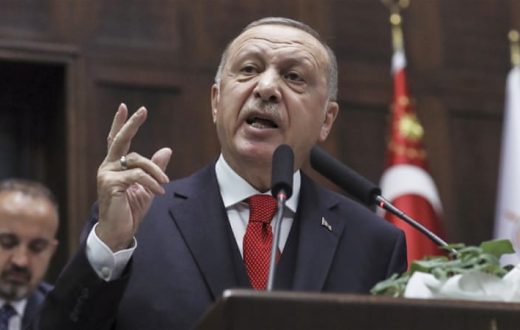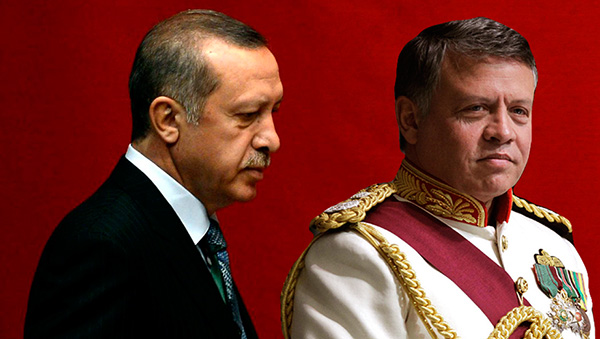This October, Turkey’s first ever drilling vessel was dispatched 60 nautical miles off Antalya. The main purpose of the expedition was to look for potential hydrocarbon reserves in the Eastern Mediterranean. While giving an official statement, Turkish energy minister Fatih Donmez emphasized that Turkey will ensure its vessel has ”a free access so no one can harass it”.
Given that Ankara has disputed Cyprus’s right to exploit natural resource off its coast, the latest developments have been a source of concern for Cyprus. An ongoing dispute between the two countries relates to different viewpoints on delineation of maritime jurisdiction zones. Turkey claims that part of Cyprus’s exclusive economic zone (EEZ) lies within its continental shelf, while Greece has also based its claims on the continental shelf in relation to Turkey. Furthermore, Turkey accused Cyprus of not taking into a consideration the rights of Turkish Cypriots who live in the north of the island.
The region in which Turkey wants to start the drilling is considered to be an important hotspot. It is believed that rich hydrocarbon reserves lie under the sea near Cyprus and it attracted the interest from some of the biggest international companies. An exploration vessel of the Italian energy giant Eni has been blocked twice the Turkish Navy, while ExxonMobil began drilling for gas near the coast of Cyprus in November. At the same time, Ankara warned against exploration because this means ‘’ignoring the rights of the Turkish Cypriot people.’’ Turkey, which recognizes the northern Turkish Cypriot government and does not have diplomatic relations with Cyprus, claims that part of Cyprus’s offshore area falls under the jurisdiction of Turkish Cypriots or Turkey. For a long period of time, there were also tensions between Turkey and Greece over jurisdiction and over hydrocarbon exploration in the area. Not so long ago, there was a confrontation between a Greek frigate Nikiforos Fokas and Turkish survey vessel Barbaros, where the latter had to be escorted by Turkish warships since it was conducting seismic research on the segment of the Greek continental shelf.
This country is one of the most energy-hungry countries in the world. According to the latest data, it is second in the world, right after China. Turkey is also the country which is largely dependent on oil and gas imports from Russia (50 per cent), Iran (16 per cent) and Azerbaijan (12 per cent). Given its position, Turkey could become strategically important hub, where Russian gas could go to the Europe through Turkey. The main reason for their engagement in extensive drilling in the Mediterranean is to become less-reliant on energy from the other countries. Additionally, Turkey invests in nuclear power plants, renewable sources of energy and coal plants.
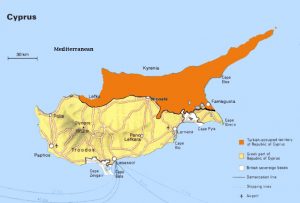
One of the ways the issue could be resolved is to either encourage the unification of Cyprus, which reached a stalemate after years of unsuccessful talks, or to make permanent separation. Resolving internal issues in Cyprus could significantly help them resolve their naval dispute with Turkey that already promised to build additional vessels. On the contrary side, it is in Turkey’s interest to successfully begin their drilling efforts in order to diversify their sources of oil and gas. Even though the findings in the Mediterranean are not huge or ‘’game changer’’, they can help Turkey build an image of strategic hub for the flow of energy from Asia to Europe.
Given that Ankara has disputed Cyprus’s right to exploit natural resource off its coast, the latest developments have been a source of concern for Cyprus. An ongoing dispute between the two countries relates to different viewpoints on delineation of maritime jurisdiction zones. Turkey claims that part of Cyprus’s exclusive economic zone (EEZ) lies within its continental shelf, while Greece has also based its claims on the continental shelf in relation to Turkey. Furthermore, Ankara accused Cyprus of not taking into a consideration the rights of Turkish Cypriots who live in the north of the island.
The region in which Turkey wants to start the drilling is considered to be an important hotspot. It is believed that rich hydrocarbon reserves lie under the sea near Cyprus and it attracted the interest from some of the biggest international companies. An exploration vessel of the Italian energy giant Eni has been blocked twice the Turkish Navy, while ExxonMobil began drilling for gas near the coast of Cyprus in November. At the same time, Turkey warned against exploration because this means ‘’ignoring the rights of the Turkish Cypriot people.’’ Turkey, which recognizes the northern Turkish Cypriot government and does not have diplomatic relations with Cyprus, claims that part of Cyprus’s offshore area falls under the jurisdiction of Turkish Cypriots or Turkey. For a long period of time, there were also tensions between Turkey and Greece over jurisdiction and over hydrocarbon exploration in the area. Not so long ago, there was a confrontation between a Greek frigate Nikiforos Fokas and Turkish survey vessel Barbaros, where the latter was conducting seismic research on the segment of the Greek continental shelf and eventually, had to be escorted by Turkish warships.
Turkey is one of the most energy-hungry countries in the world. According to the latest data, it is second in the world, right after China. Turkey is also the country which is largely dependent on oil and gas imports from Russia (50 per cent), Iran (16 per cent) and Azerbaijan (12 per cent). Given its position, Turkey could become strategically important hub, where Russian gas could go to the Europe through Turkey. The main reason for their engagement in extensive drilling in the Mediterranean is to become less-reliant on energy from the other countries. Additionally, Ankara invests in nuclear power plants, renewable sources of energy and coal plants.

